Inquivix HQ
1-903, 18 Eonju-ro 146-gil,
Gangnam-gu, Seoul, Korea
06057

South Korea is witnessing major shifts in the way businesses operate ever since the impact of the global pandemic and the shift to eCommerce because of the digital revolution over the last decade. Companies across various industries in Korea are constantly shifting from traditional markets to online platforms, and from online platforms to embracing enhanced concepts like virtual reality, the Metaverse, the blockchain industry, and much more. Here’s how South Korean companies are facing the revolutionized digital era!
1. ZEPETO and Ifland Compete for Metaverse Representation
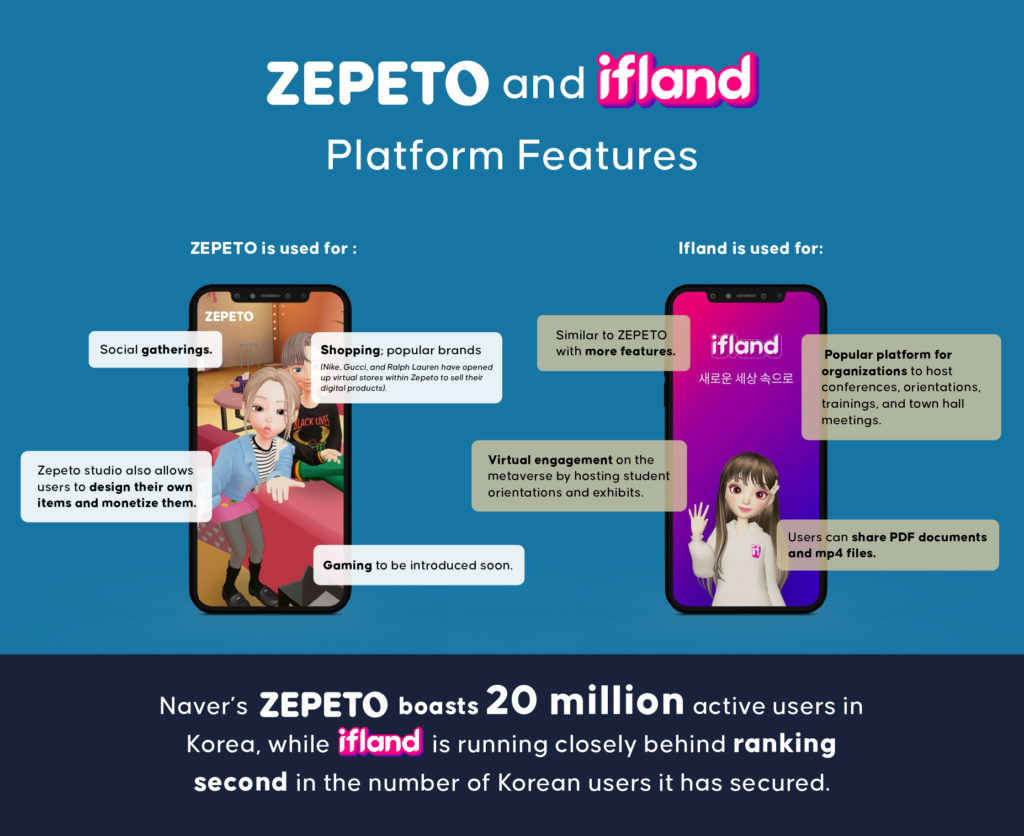
Naver Corp’s ZEPETO is a 3D avatar app integrated with entertainment opportunities ranging from gaming to social networking. To directly compete, SK Telecom launched its own Metaverse platform Ifland boasting a variety of avatars and virtual spaces. The platforms’ design that supports virtual reality makes it a viable opportunity for the Metaverse – the universe of virtual reality promoting diverse virtual worlds where users can indulge in a variety of activities! Naver’s ZEPETO boasts 20 million active users in Korea, while Ifland is running closely behind ranking second in the number of Korean users it has secured.
2. Home Shopping Industry Shift from TV Broadcasting to Digital
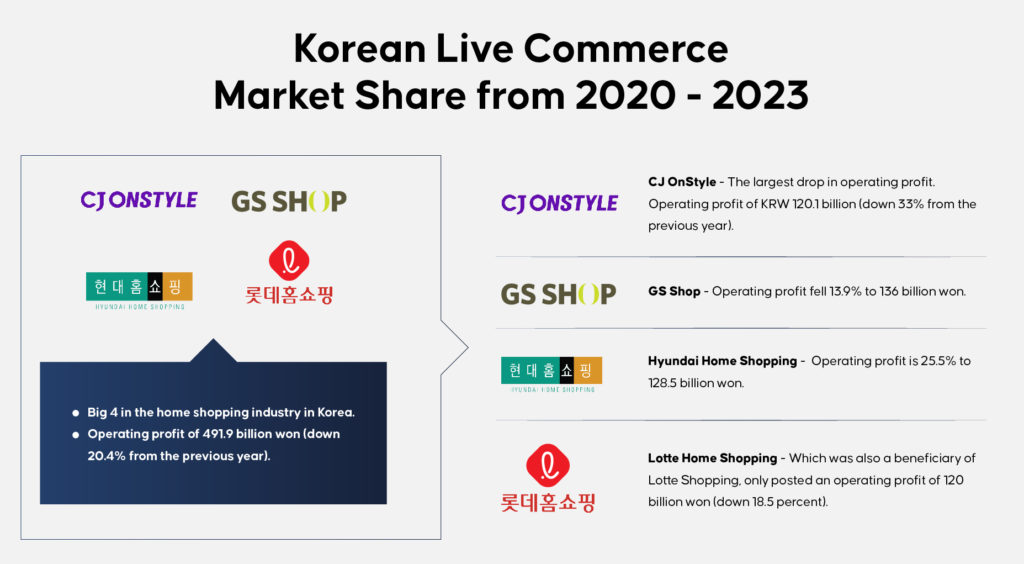
The home shopping industry is undergoing an overall operating loss as consumers shift to the eCommerce sector. Despite Covid-19 promoting TV usage for users and increasing sales the high transmission fees charged by broadcasting companies have resulted in even Korea’s most prominent companies facing an average operating profit loss of 20% from the previous year. Broadcasting transmission fees in 2021 were 2.3 trillion won, over half the home shopping industry’s earnings that year.
This has led to companies initiating plans to explore the eCommerce sector with plans ranging from introducing mobile shopping applications integrating AI, to maximizing opportunities presented by the blockchain industry, creating NFTs, and also dwelling into options available in the Metaverse.
3. ‘Preshow’ Uses Eye-Tracking to Reward Users for Completing Advertisements on Movie Pass 2.0
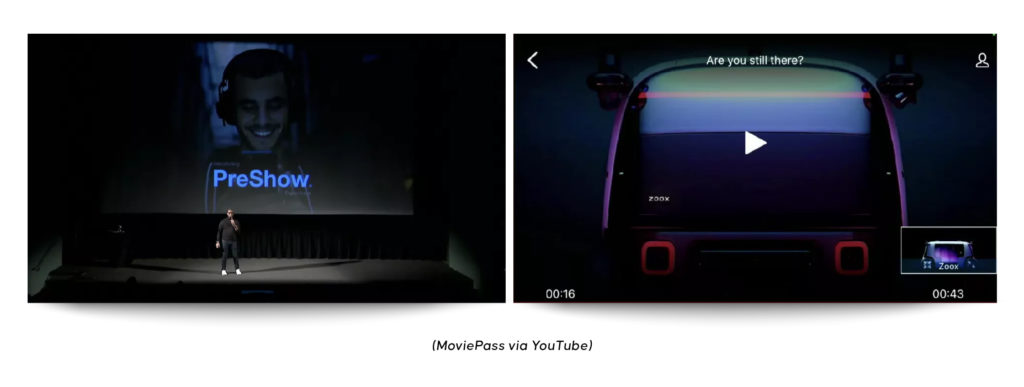
Movie Pass 2.0 based off Movie Pass is a company that declared bankruptcy in 2020 as a result of its failed $10 unlimited movie plan. The company is set to make a comeback with Movie Pass 2.0 with different plans and a new integrated advertisement model, ‘Preshow’. Showcasing advertisement videos as users engage in online content is a common advertising method uses by various companies.
The preshow is an app that uses a smartphone camera to track the motion of a user’s eyes and stops the advertisement until the user pays attention to the screen. The platform is said to reward users once they have completed the video with credits that can be used to buy tickets for movies. In general, 70% of ad viewers are said to see something else while the ad is playing, and this feature ensures that users complete the video. This has caused great brought attention to the application because of the new stop ad function.
4. ‘Commerce Solution Market’ – Naver’s Initiative to Support Start-Ups
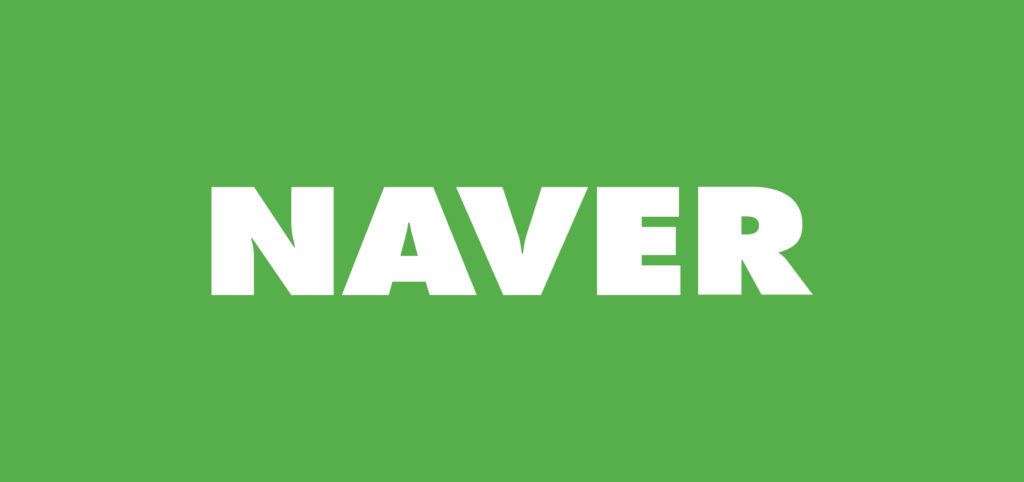
Naver announced its ‘commerce solution market’ initiative on February 16th as an opportunity for start-ups that intend to create technologies that support small-medium enterprises to enhance their businesses. The initiative runs until April 17th and the recruitment process is open to all start-ups and conducted through the Naver D2SF website. Investment opportunities are available from Naver D2SF for start-ups specializing in
- product sourcing and management
- store management
- marketing
- ordering/payment
- shipping/logistics
- customer management
- business management
In exchange, Naver will provide the final succeeding start-up to utilize a workspace provided at Naver’s secondary office also allowing the start-up to use Naver’s excellent cloud infrastructure, and maximize the opportunity to grow their businesses.
5. Retail Industry Prepared for New School Semester
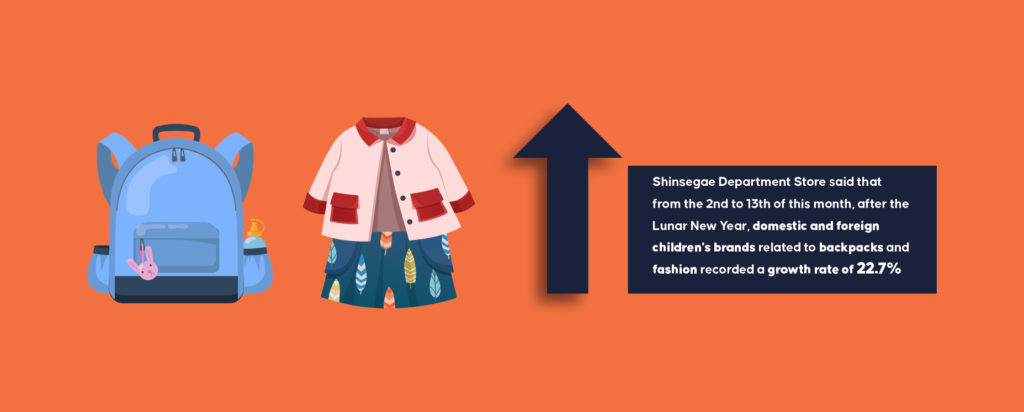
The Government of Korea has eased restrictions on school operations, encouraging physical classes despite the current surge of cases reporting Omicron infections in the country. Major retail industry players such as Shinsegae Department Store, E-Mart, and E-Land Retail are invested in using this opportunity to reach out to parents and students preparing for the new school semester.
These companies along with many other retail shops are leveraging live commerce, online discount exhibitions, and physical in-store promotional activities with products and services ranging from high-end school supplies, fashionable outfits for students and healthcare must-haves, and many other seasonal products for students. Discount offers hit high as the demand for new semester supplies surged.
6. Afreeca TV Leverages New Advertising Business Model
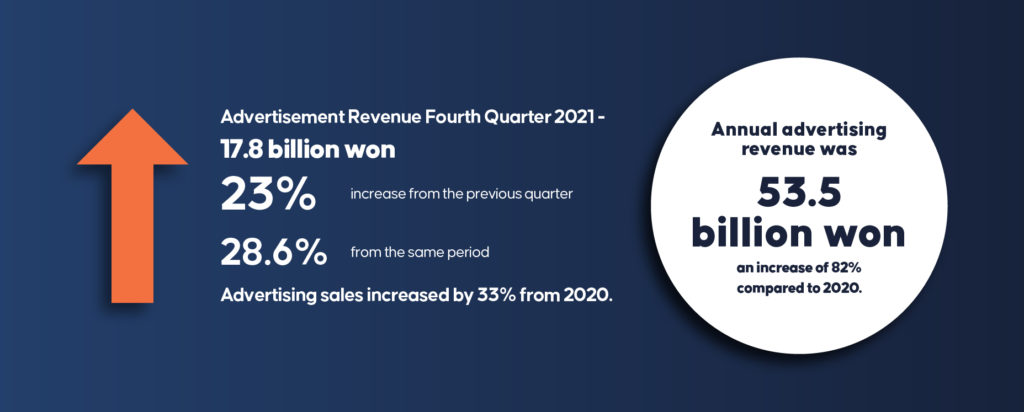
AfreecaTV, which stands for “Anybody can Freely Broadcast TV,” is the most famous live streaming service in South Korea. The platform extends its service to offer variety shows and drama series, along with esports. Afreeca TV’s earnings have recently shown immense growth with the operating profit rising from 88.8 billion won from the previous year’s operating profit of 50.4 billion won, accounting for an increased operating profit margin of 32.62%.
This immense growth is a result of Afreeca TV’s intensive advertisements efforts by launching Afreeca TV Ad Manager (AAM), an advertisement management platform, a mobile banner, and a live interim advertisement ‘break time’ system. The platform also introduced ‘Ad Balloon’, an advertisement features that users can present to their preferred Internet broadcasters (BJ) while looking at ads. Internet broadcasters and users have used the platform to create a successful advertiser-friendly platform, with advertisement revenues soaring by 28% from the same time the previous year.
7. Ministry of SMEs and Start-Ups Promote Project Helping Traditional Market Implement Online Sales

As virtual transactions have become increasingly prevalent because of COVID-19, the transition to online sales has escalated and it has become a necessity to survive and grow businesses. However many traditional small-medium enterprises and start-ups have a poor understanding of eCommerce or struggle to invest in marketing online.
The Ministry of SMEs and Start-ups initiated the ‘Traditional Market Online Shopping’ project to support these businesses in converting their business processes to accommodate online sales. These services guide the business in many areas such as hygiene and shelf management, online platform store training, and live commerce support. This has helped many businesses understand how online sales work and have successfully converted their businesses.
Conclusion
This new digital area has provided South Korean companies with a plethora of opportunities in both the real world and the virtual world. Many new platforms have surfaced to leverage these opportunities while existing businesses shift from traditional markets to the eCommerce industry. This edition shows Naver Corp’s ZEPETO and SK Telecom’s Ifland compete to become significant players in the Metaverse, while Korean SMEs and start-ups that struggled due to the impact of COVID-19 are supported by the government funding and projects that support SMEs and start-ups in the conversion of making online sales.
This edition also shows the Korean retail industry preparing and boosting promotions online and offline as students return to school for the new semester. The home shopping industry goes digital as TV broadcasting transmission fees soar causing back-to-back operating losses. We also saw Korean platforms Afreeca TV and Movie Pass 2.0’s advertising models draw immense attention. Afreeca TV’s intensive use of internet broadcasters generated amazing advertisement revenue causing the company to see an increased profit margin while Preshow’s eye-tracking ad function that stopped playing the ad when users moved their eyes generated a huge buzz in the Korean community.
